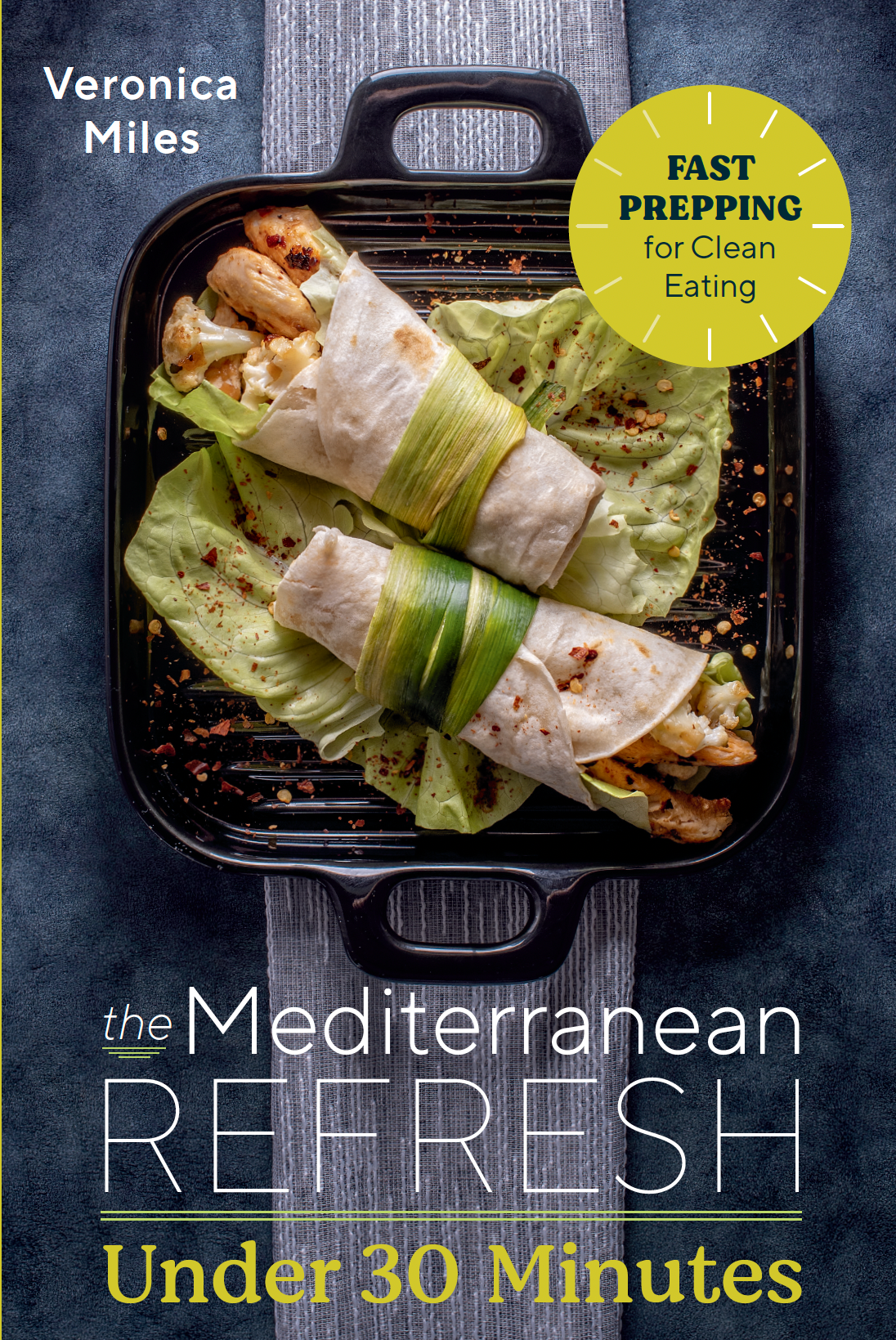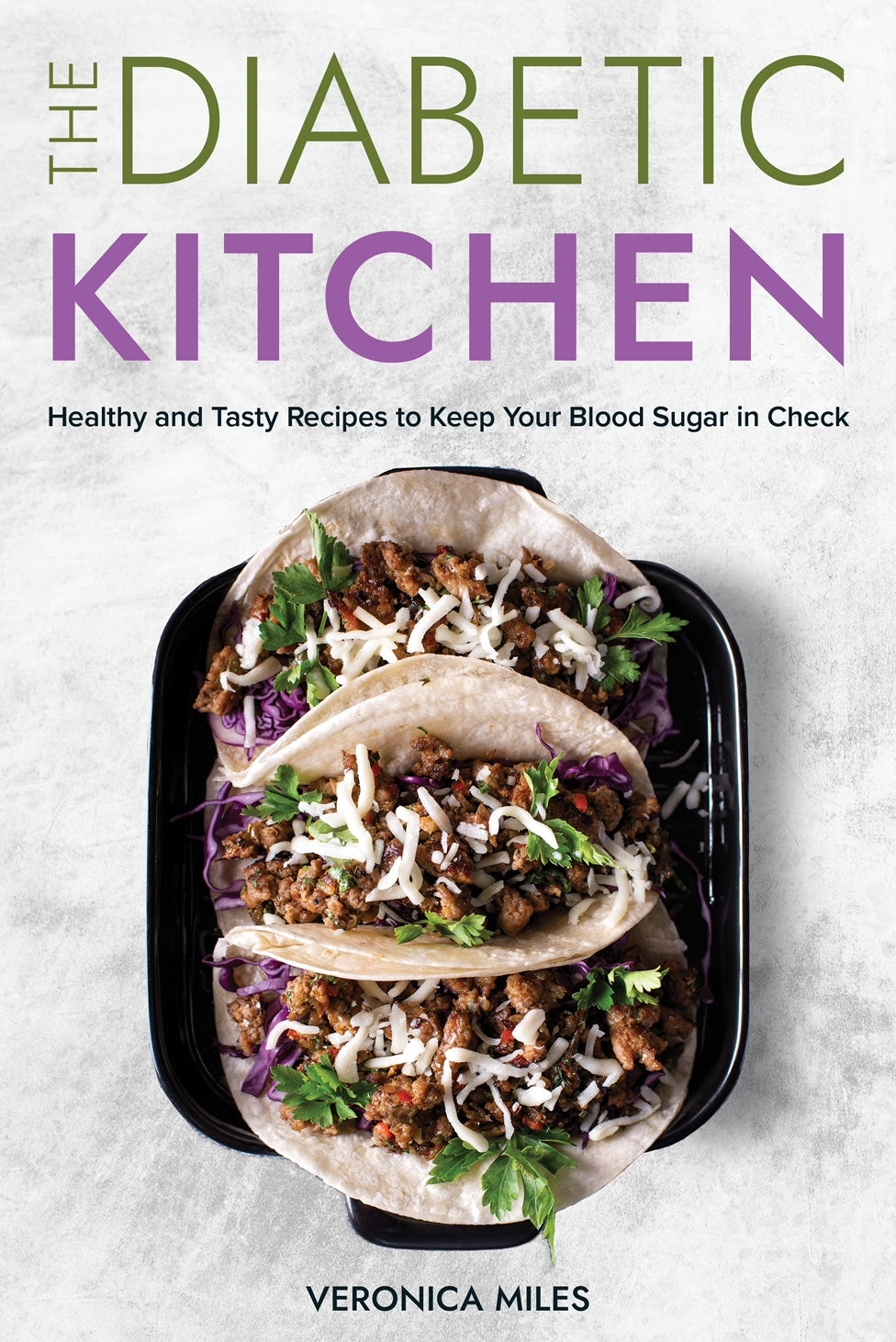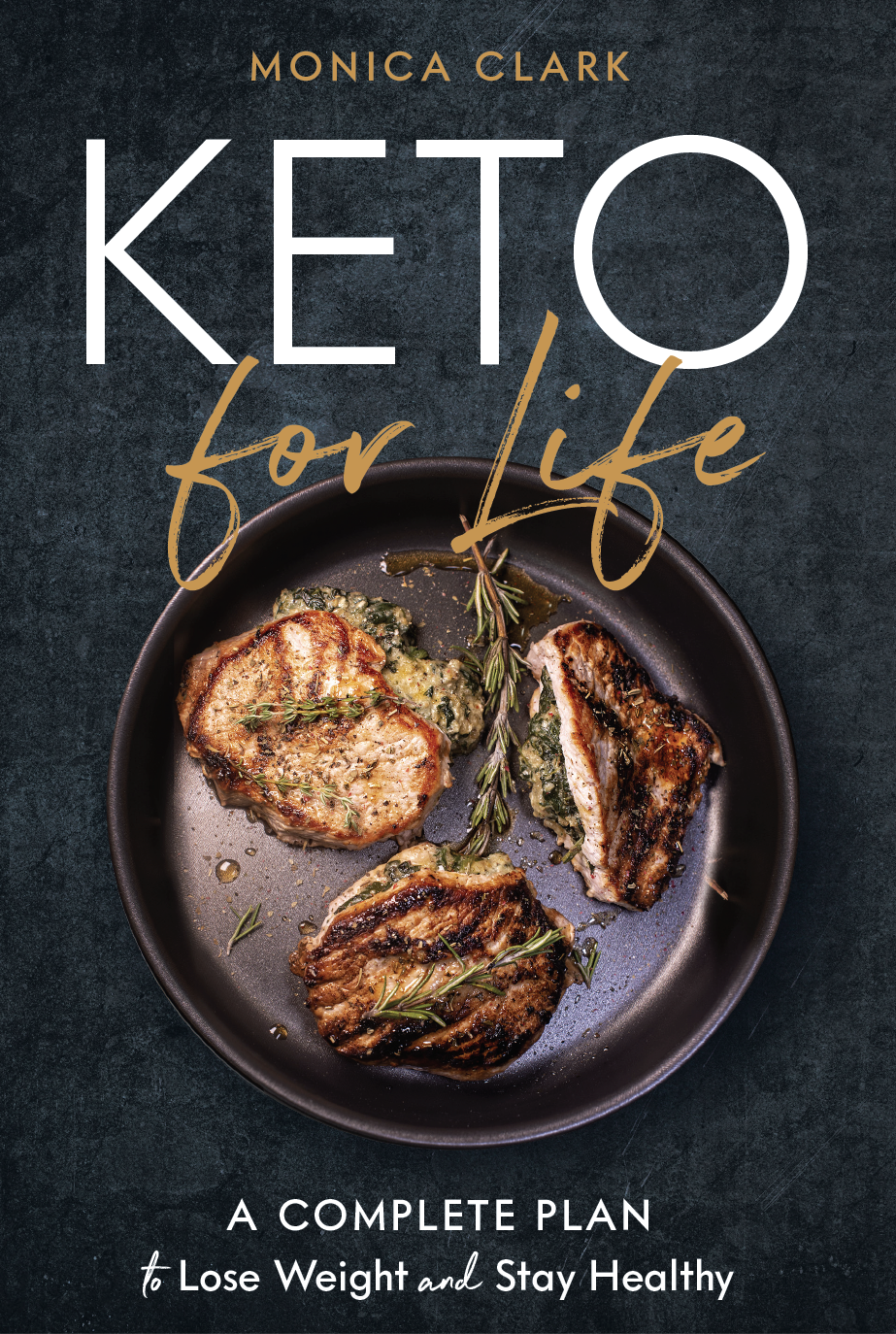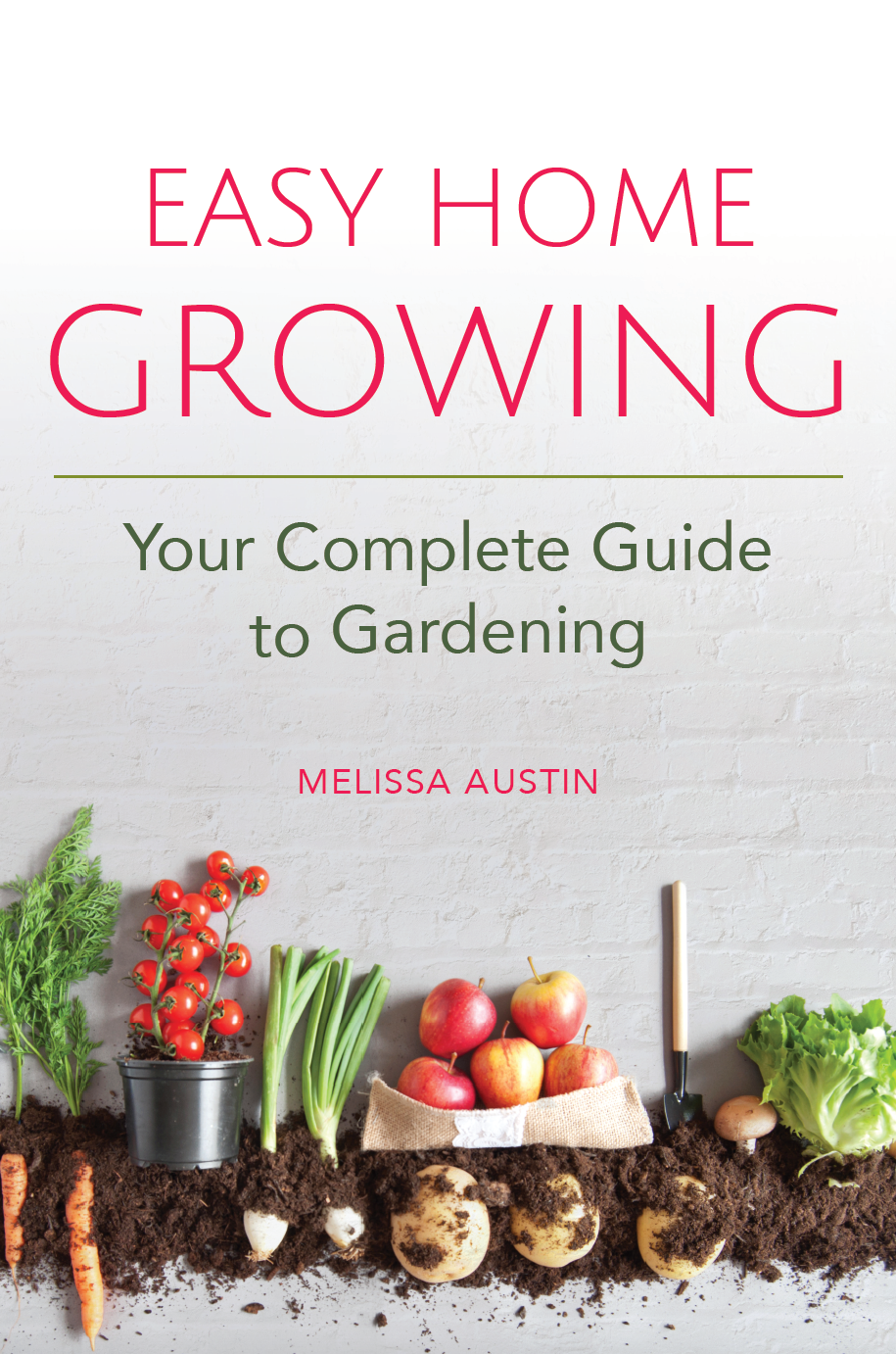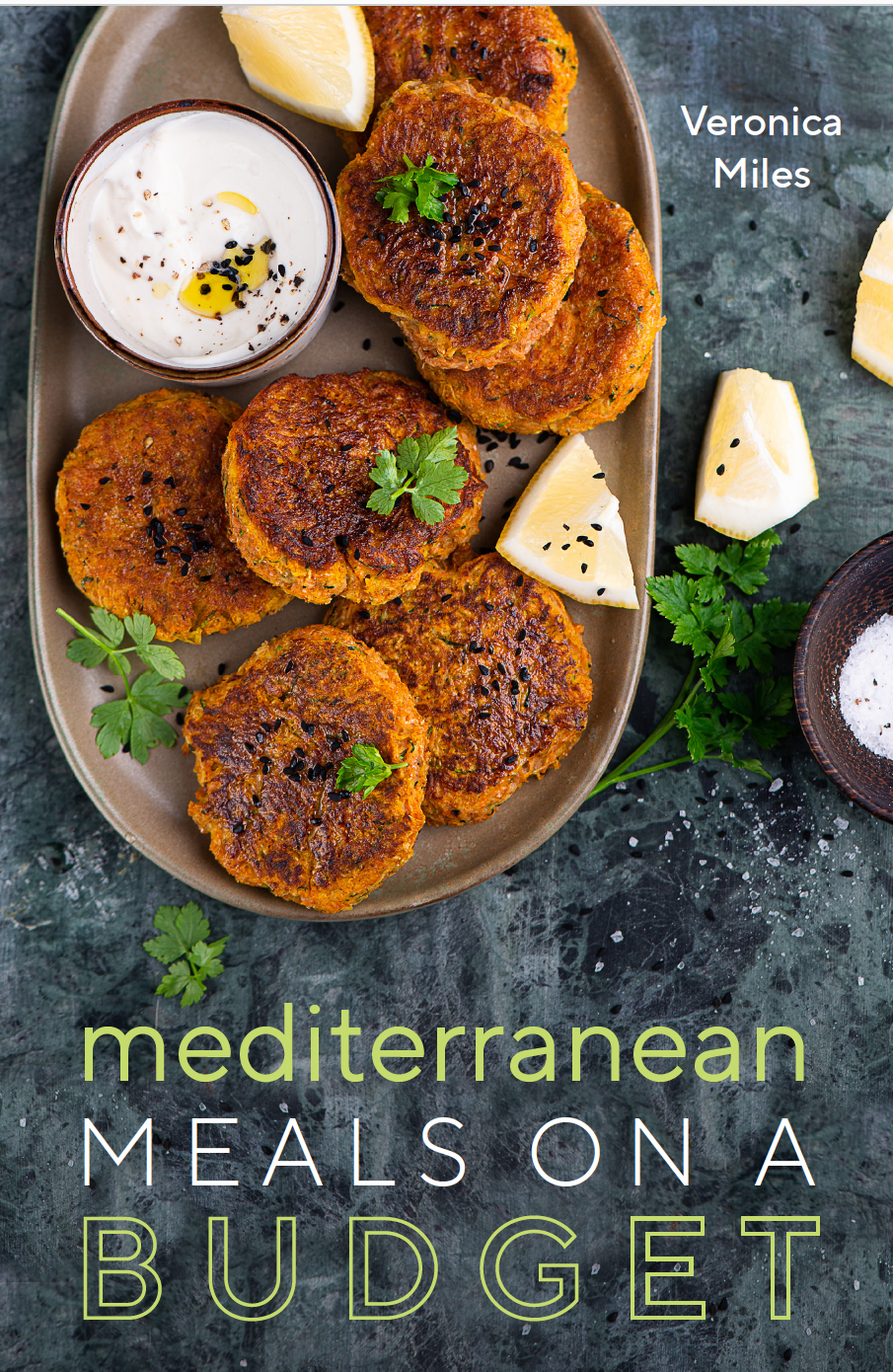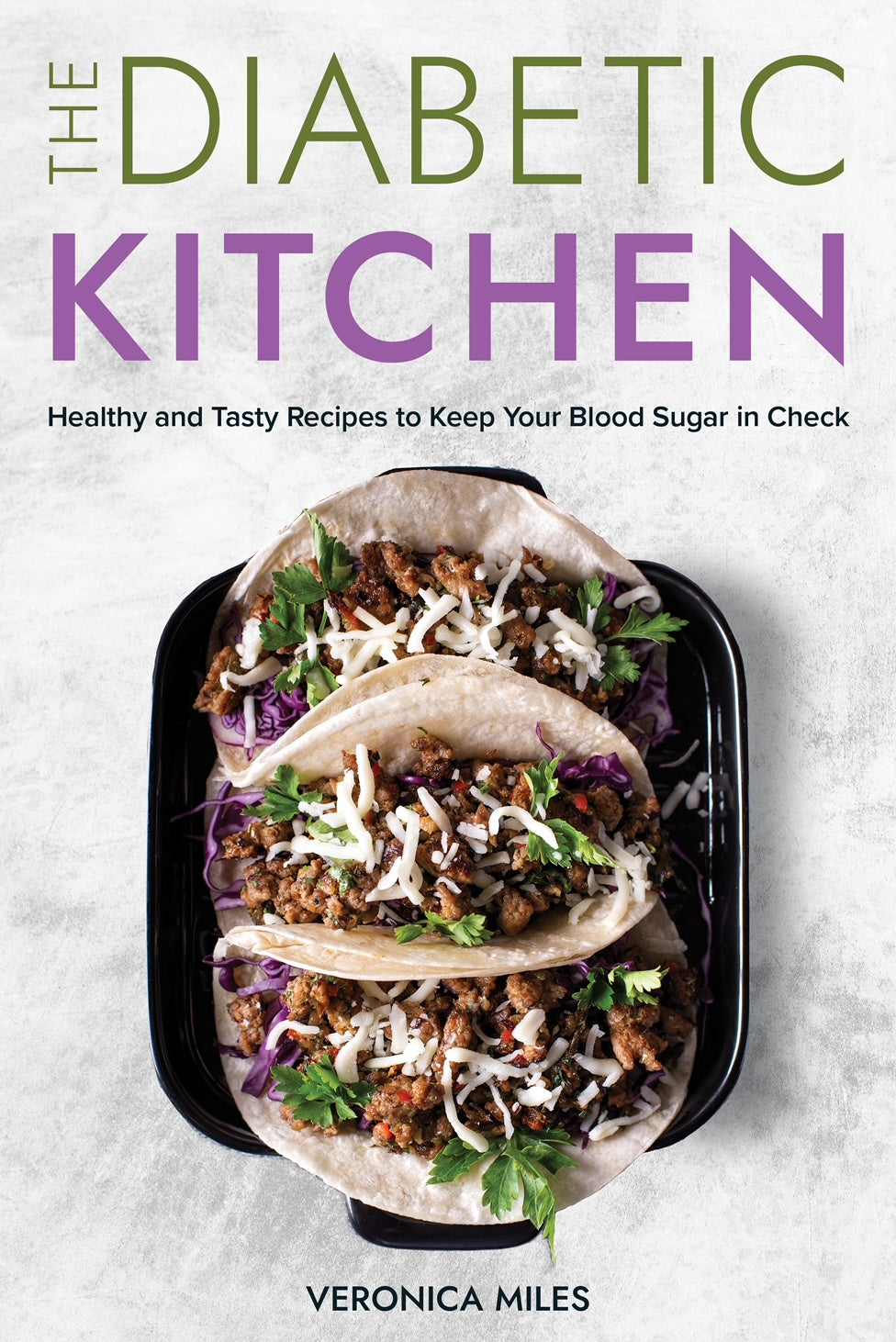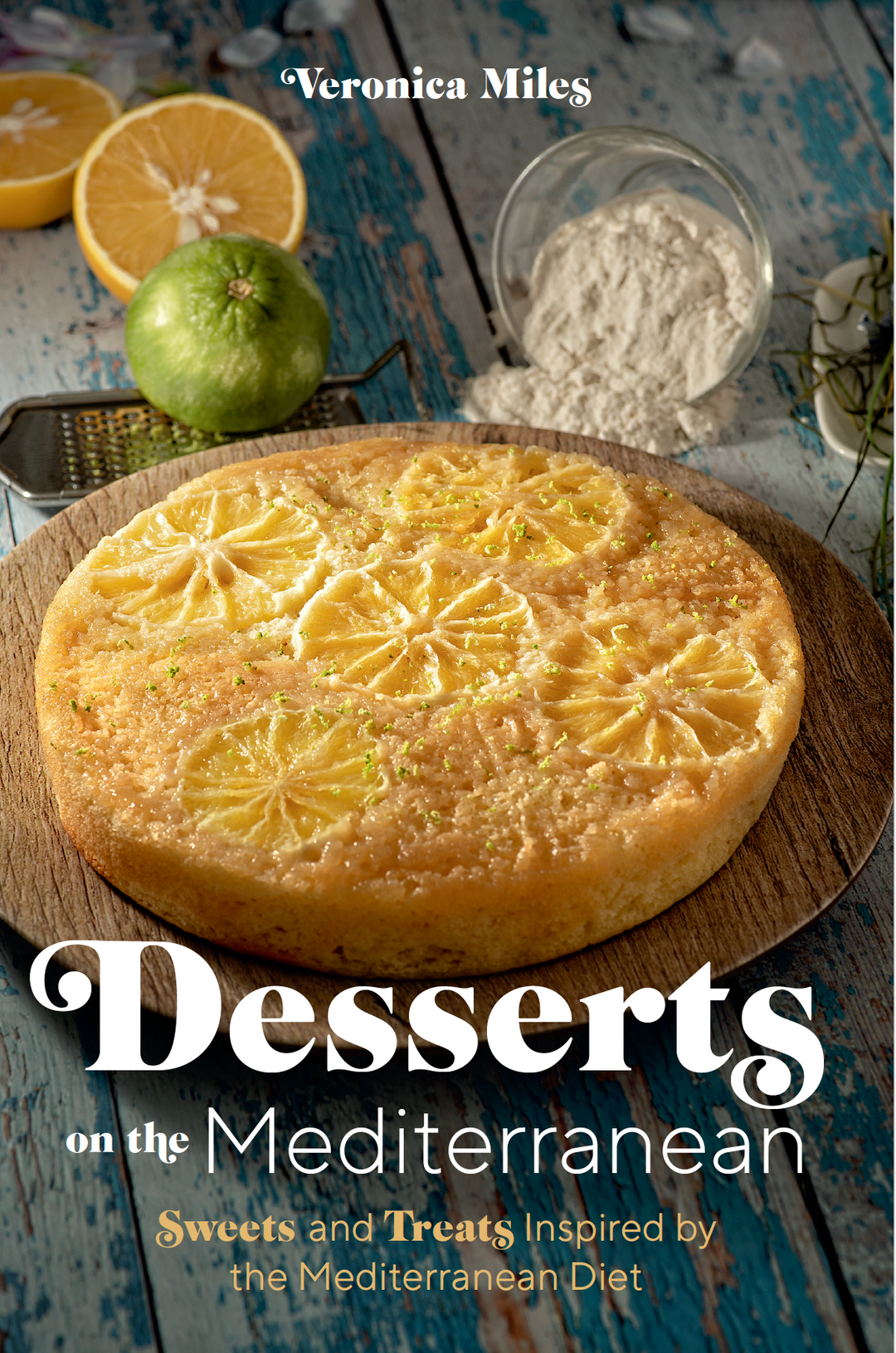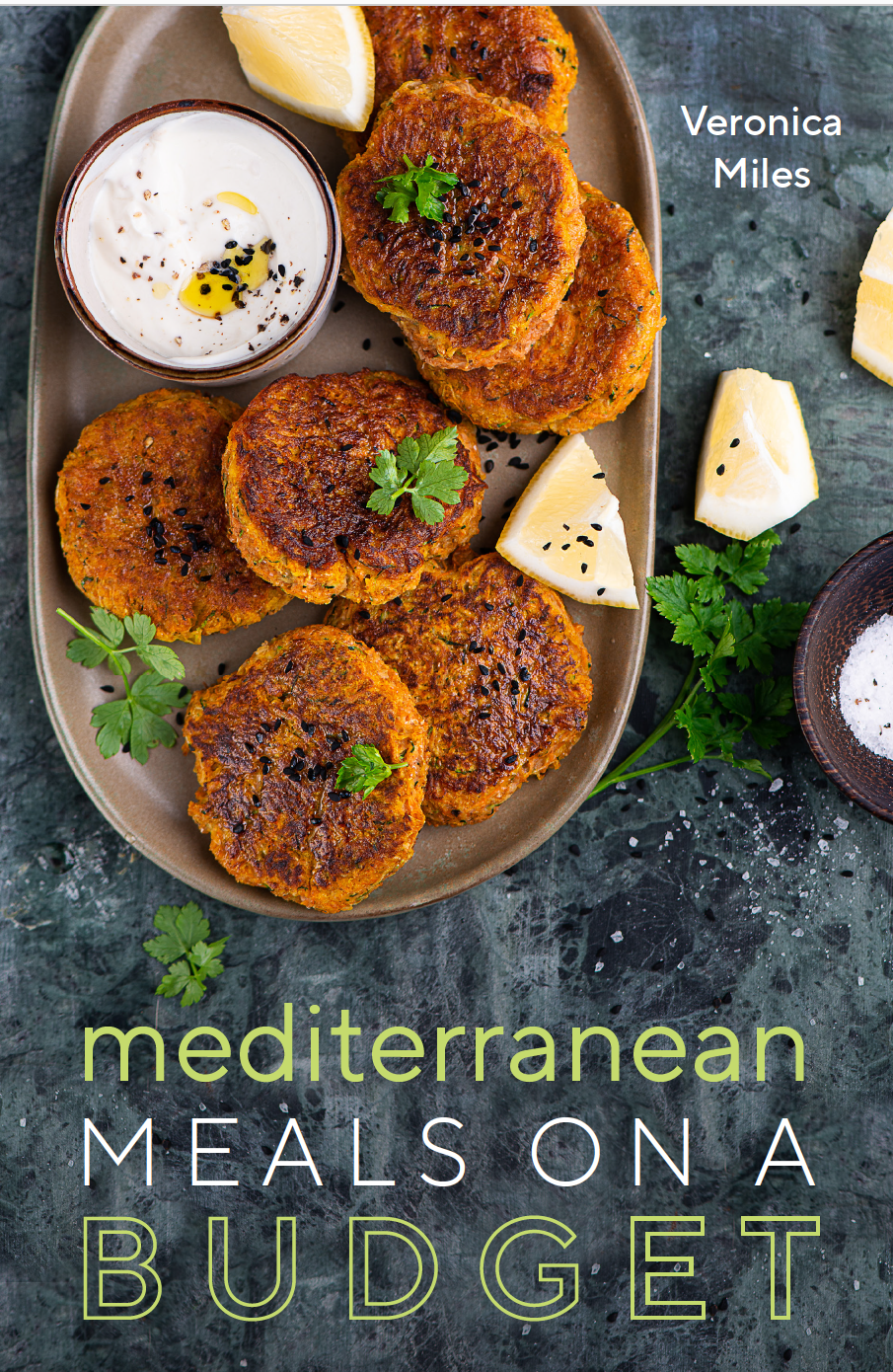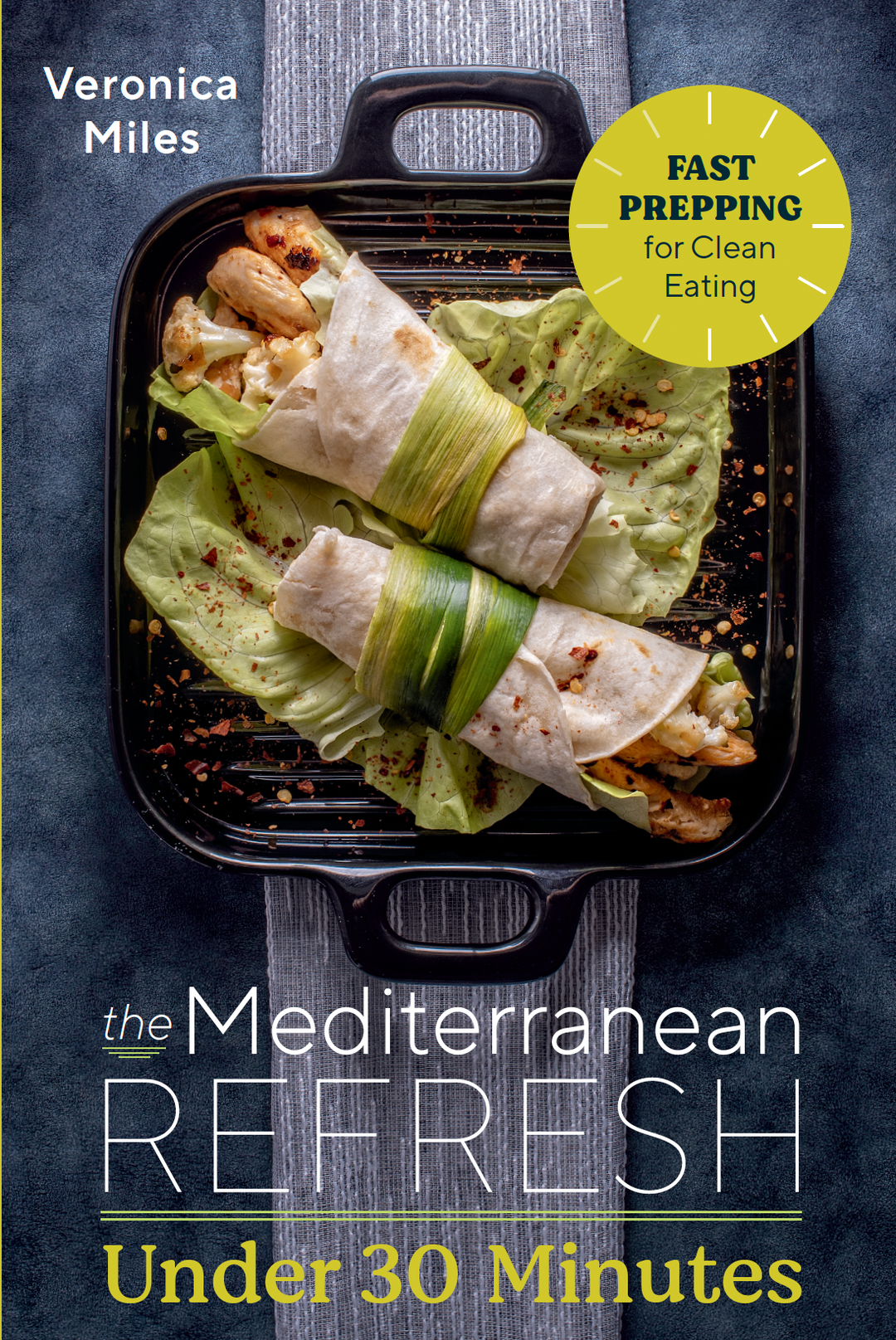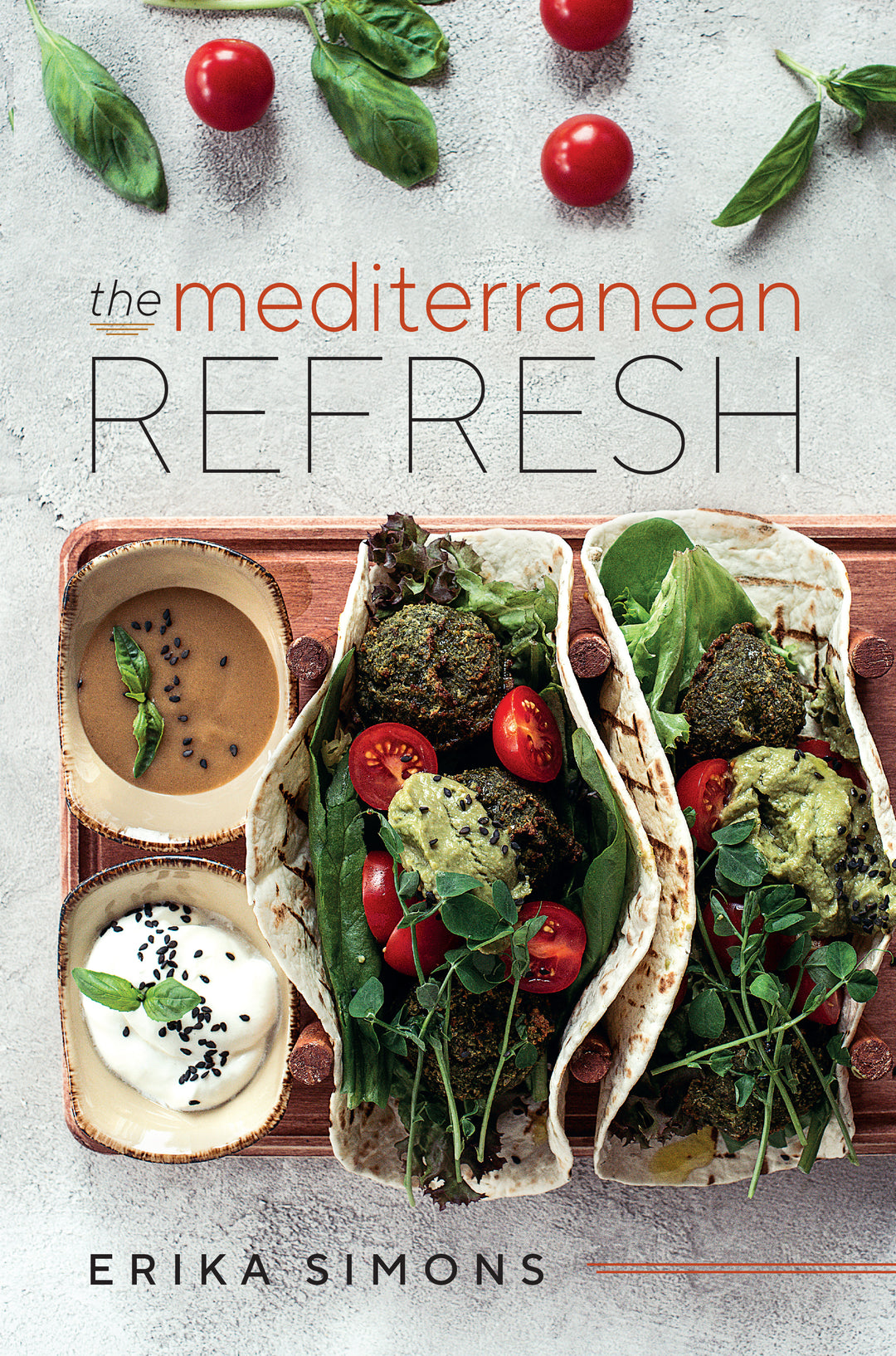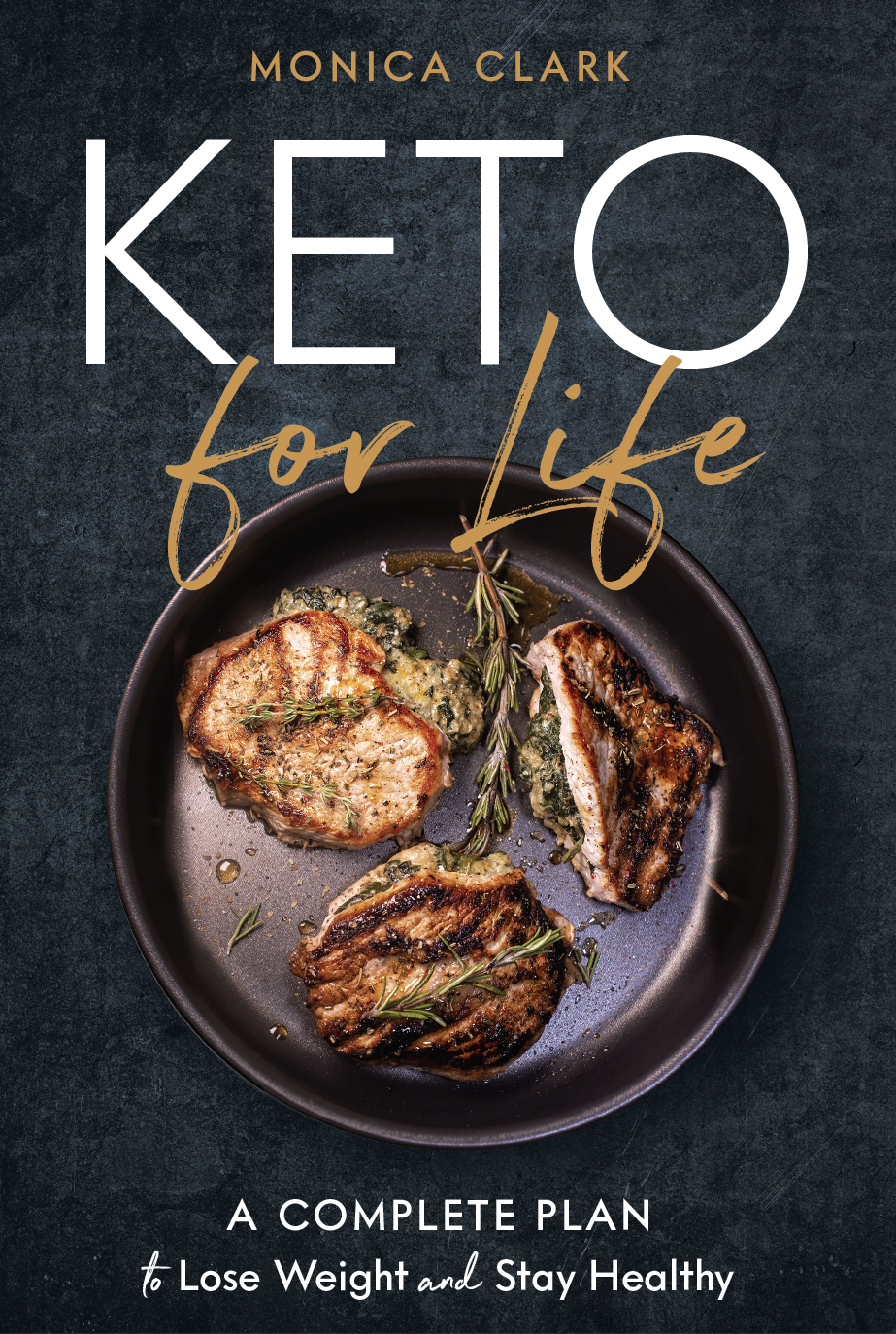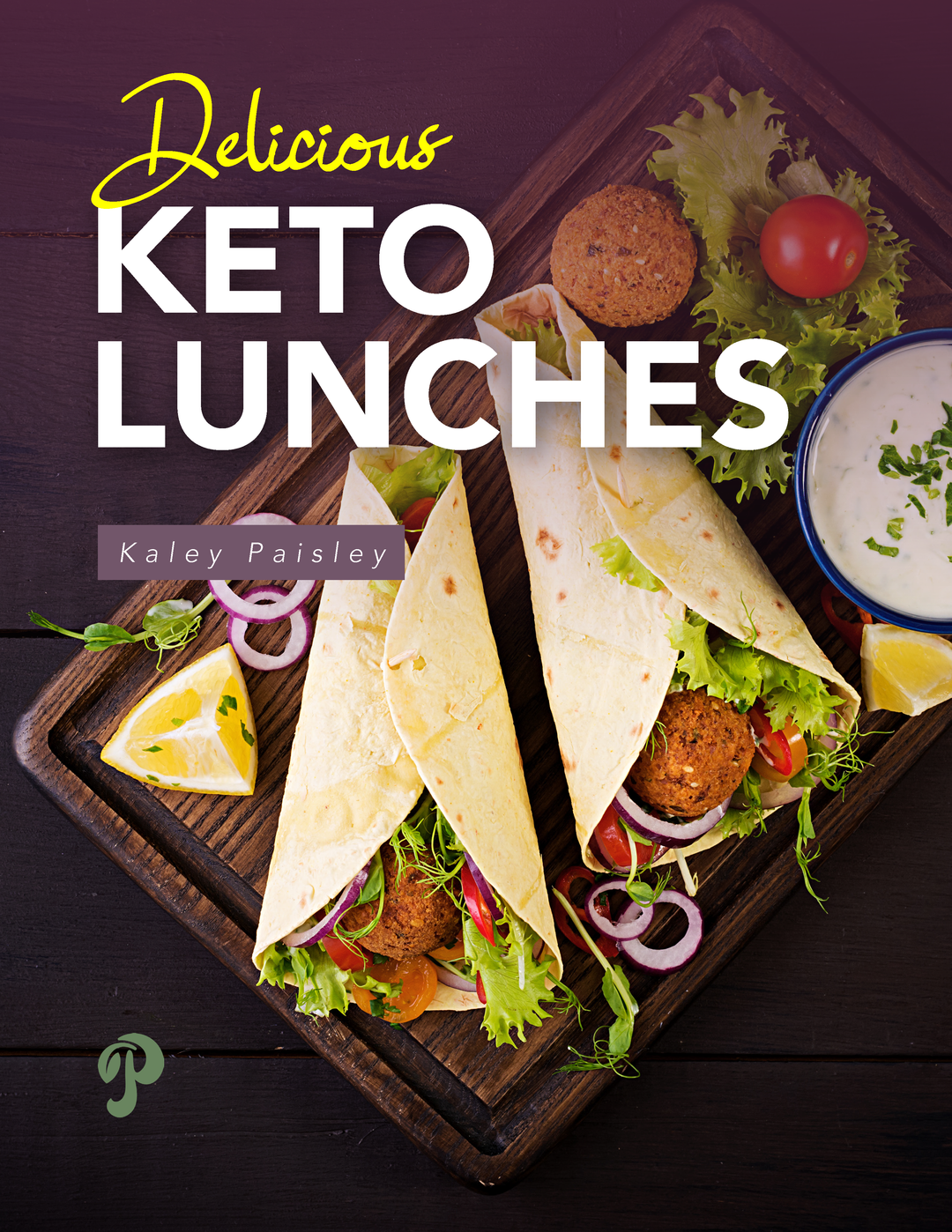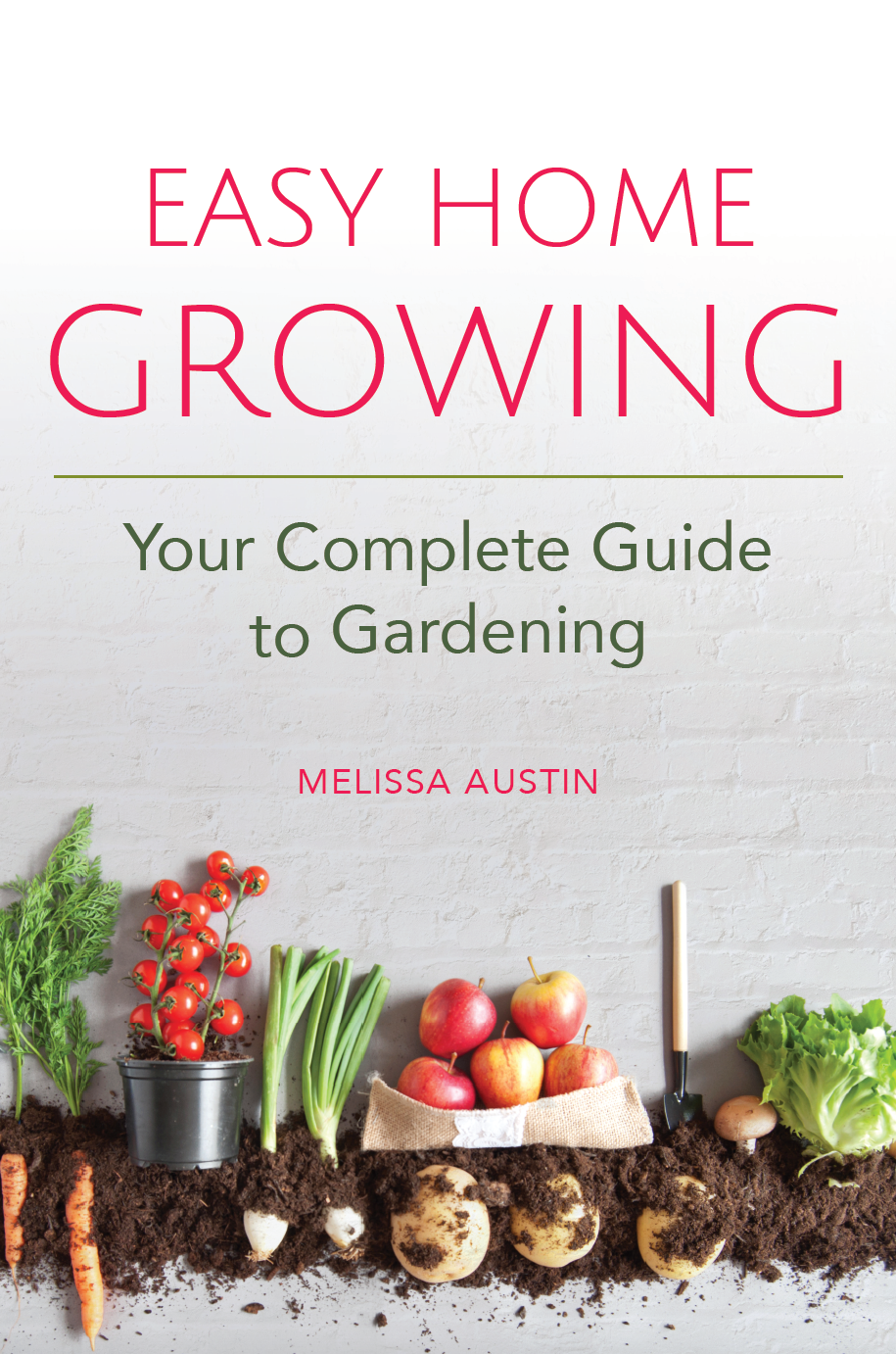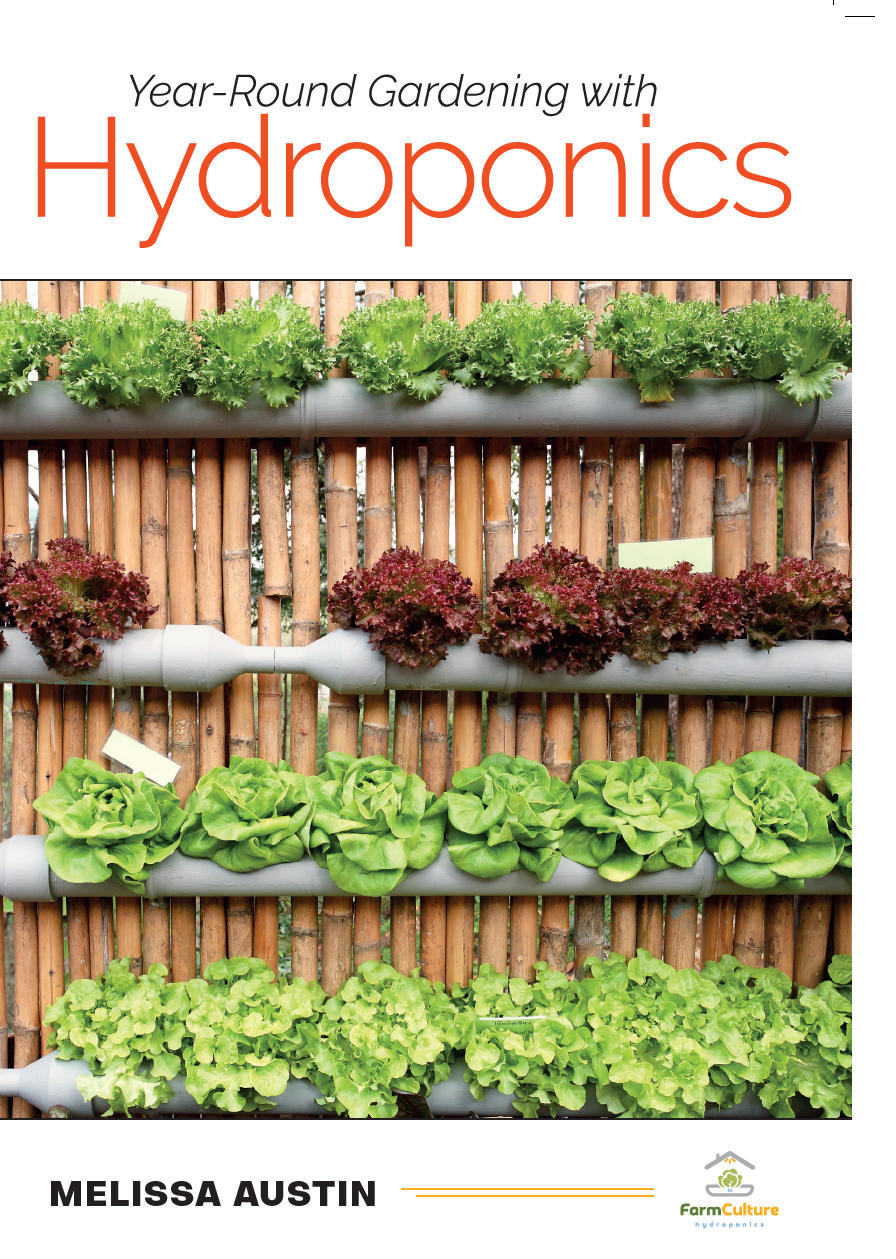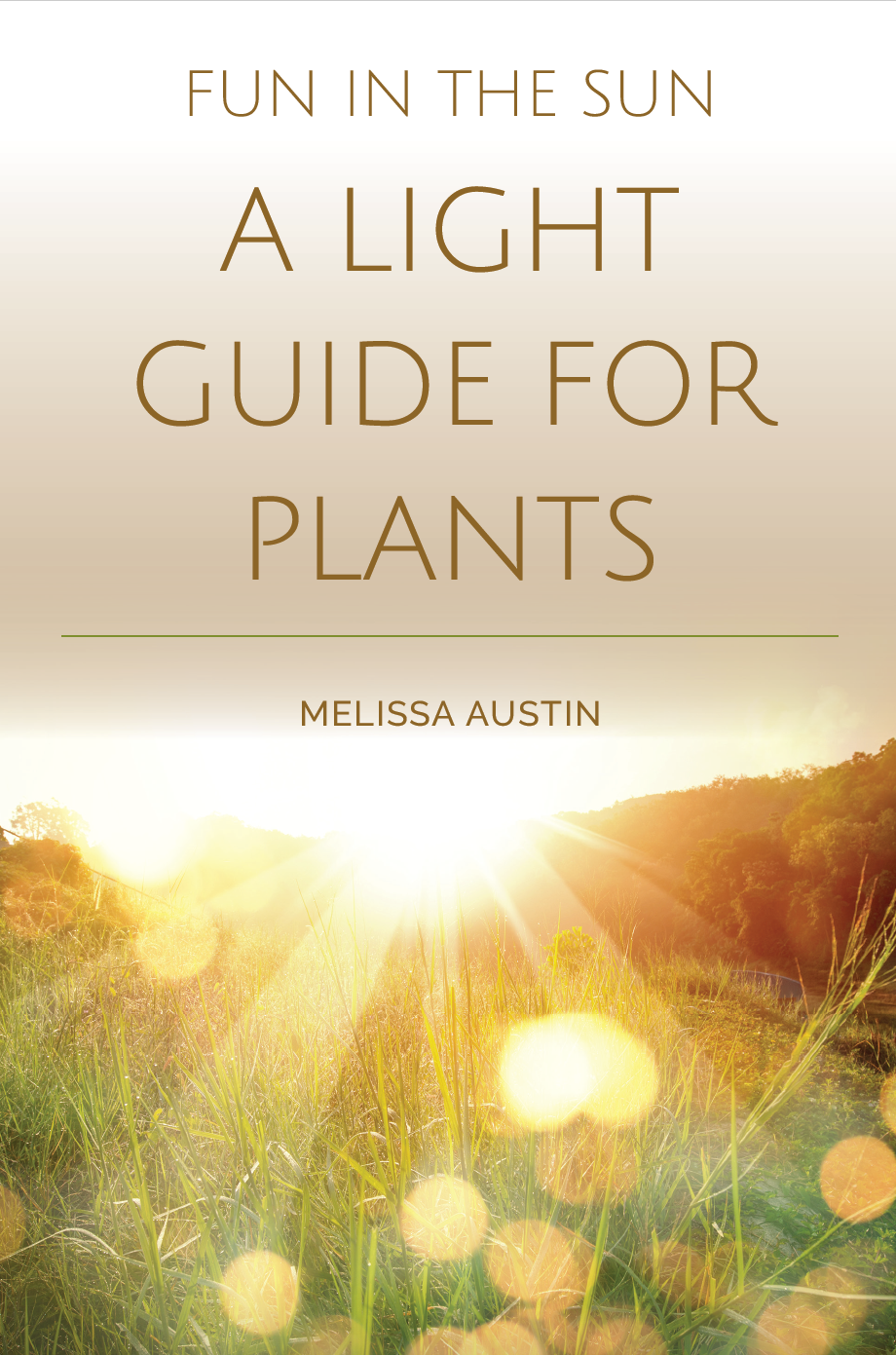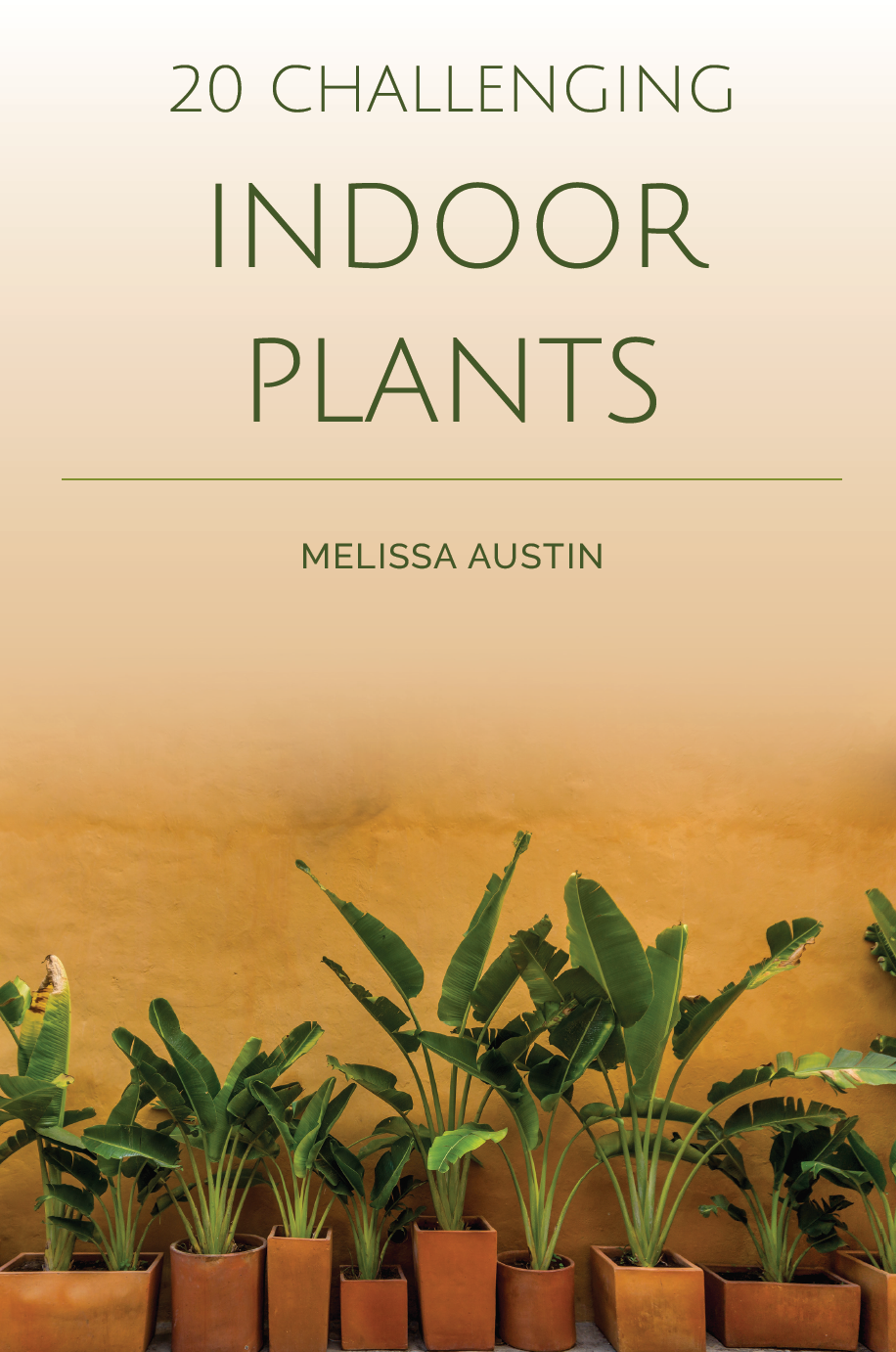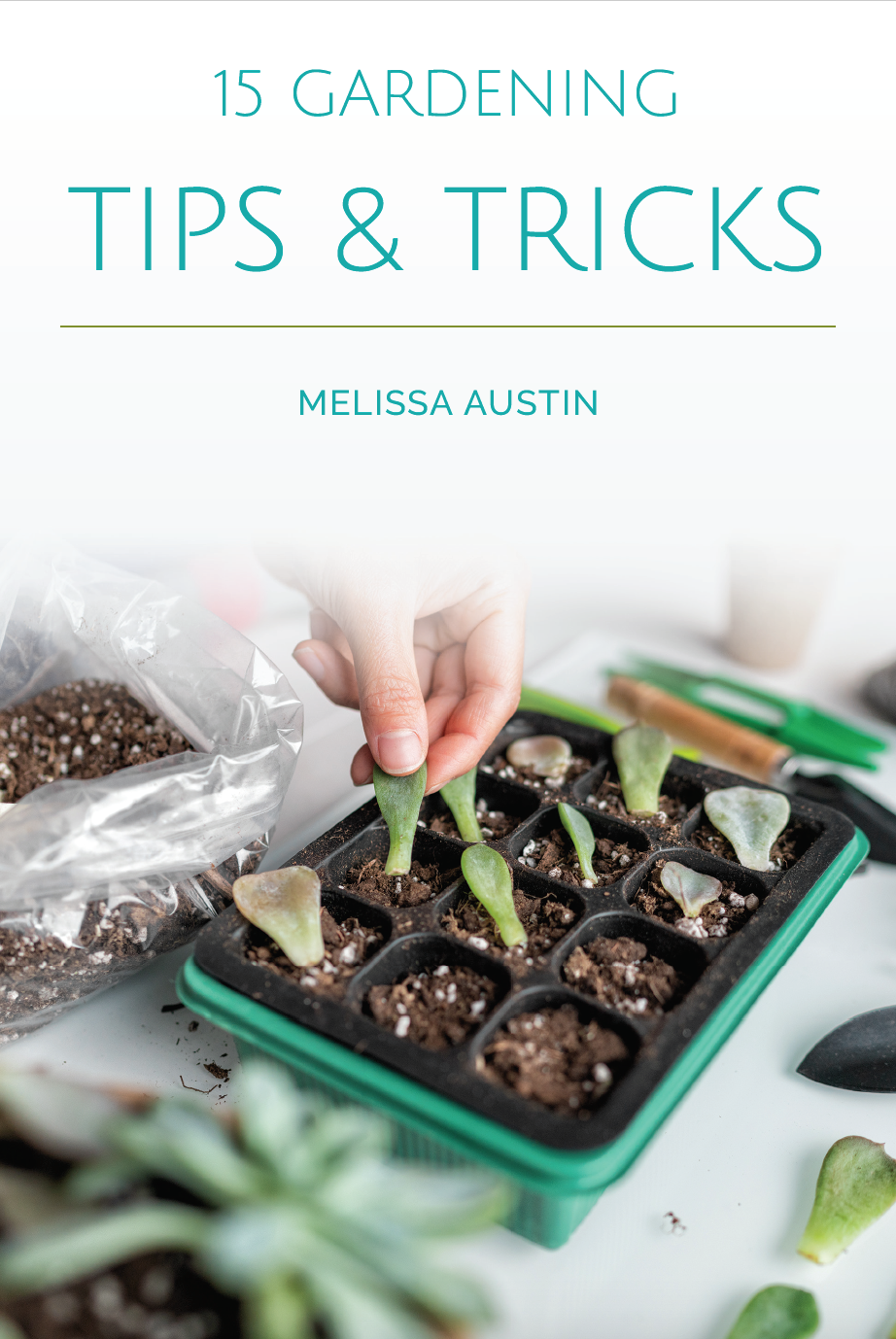Exploring the World of Sustainable Living Books
Sustainable living has become an essential aspect of modern life, and books on the topic are a fantastic way to immerse ourselves in this important conversation. From practical guides to inspiring stories, these resources enhance our understanding and motivate us to adopt greener practices. In this blog, we will explore various categories of sustainable living books, highlighting their contributions to our journey towards eco-consciousness.
The Importance of Sustainable Living
Sustainable living is more than just a trend; it is a lifestyle choice that affects our environmental, social, and economic well-being. By prioritizing sustainability, we contribute to the health of our planet and future generations. Understanding the essential reasons for adopting a sustainable lifestyle can radically change our perspective on consumption, waste, and resource management.
In today’s world, where climate change and environmental degradation are pressing issues, sustainable living serves as a beacon of hope. Books that address sustainable living not only raise awareness but also provide actionable steps that individuals can incorporate into their daily lives. By learning about sustainable materials, ethical consumption, and waste reduction, readers are empowered to make informed decisions.
Moreover, sustainable living fosters a sense of community. It encourages collaboration among individuals, organizations, and governments. By engaging with literature on this subject, we recognize that we are part of a larger movement striving for ecological balance. Understanding this interconnectedness can inspire readers to get involved, rally together, and amplify their impact.
Categories of Sustainable Living Books
Sustainable living books come in various categories, each offering a unique perspective and set of insights. Practical guides, for instance, often provide straightforward tips to help readers make small yet meaningful changes in their lives. These books can serve as handbooks for individuals determined to adopt a more sustainable approach to their household management and consumer choices.
On the other hand, narrative-driven books, including memoirs and profiles, showcase the inspirational journeys of those who have committed their lives to sustainability. These stories can be both enlightening and motivating, as they often feature transformative experiences that resonate deeply with readers. The power of storytelling in sustainable living literature cannot be overstated, as it connects us to the heart of the cause.
Lastly, there are also informative resources focused on specific areas such as gardening, cooking, and product sourcing. Cookbooks highlight the importance of using local, seasonal ingredients, while gardening books guide readers on how to cultivate their own produce using sustainable methods. In summary, each category of sustainable living books plays a critical role in educating and inspiring individuals to embrace a more eco-conscious lifestyle.
Practical Guides for Everyday Sustainability
Practical guides are the backbone of sustainable living literature, offering tips and actionable strategies that readers can readily apply in their daily lives. These resources tend to feature clear, organized steps for integrating sustainability into every aspect of life, from energy consumption to resource management. Whether it’s utilizing public transportation, conserving water, or understanding composting, practical guides emphasize that sustainability begins at home.
One of the noteworthy aspects of these guides is their accessibility. They cater to individuals from all walks of life, providing succinct recommendations that can fit various lifestyles. For example, some books present sustainable living as not only attainable but enjoyable. From DIY projects that promote recycling to recipes for zero-waste cooking, these books make sustainability feel achievable and inspiring.
Furthermore, many of these practical resources encourage readers to involve their families, transforming personal sustainability into a collective effort. They often include activities suitable for all ages, granting families an opportunity to bond while contributing positively to the planet. Such guides not only instruct but also foster connections, highlighting the overarching theme of community involvement within the sustainability movement.
Inspirational Stories and Biographies
Stories can incite passion and action, and this is especially true when it comes to biographies and memoirs centered on sustainable living. Books in this category often narrate the journeys of individuals or groups who have dedicated their lives to environmental advocacy. As readers dive into these stories, they witness firsthand the triumphs and challenges faced by those who strive to create change.
Such narratives are more than just personal accounts; they illuminate the broader societal context of sustainable initiatives. They explore how systemic changes and grassroots movements collide, demonstrating that every effort—no matter how small—has the potential to spark larger shifts. Through inspirational stories, readers not only learn about the mechanics of change but also feel empowered to be part of it themselves.
Moreover, these engaging stories often weave in themes of resilience, creativity, and hope. They remind us that the path toward sustainability is not devoid of conflict but is filled with moments of revelation that can lead to profound transformations. By connecting with these stories on an emotional level, readers are motivated to take bold steps toward their own sustainable practices.
The Role of Cookbooks in Sustainable Living
Cookbooks focused on sustainable living play an essential role in promoting eco-friendly culinary practices. They educate readers about the importance of selecting seasonal, organic ingredients and emphasize the impact of food choices on the environment. Each meal is discussed through the lens of sustainability, forming a direct connection between what we eat and our ecological footprint.
The beauty of sustainable cookbooks is their ability to inspire creativity in the kitchen while respecting our planet. Many recipes highlight local produce, personal sourcing, and minimizing waste—all crucial components of responsible cooking. As readers explore vibrant dishes that celebrate sustainability, they are likely to feel a sense of empowerment through their food choices.
Additionally, cookbooks often include valuable insights into reducing food waste, such as tips on using vegetable scraps or leftovers. By fostering a mindset of mindfulness around cooking, these books advocate for responsible consumption while also encouraging us to cherish the resources we have. Ultimately, sustainable cookbooks serve as a guide to not only delightful meals but a sustainable lifestyle.
Children’s Literature on Sustainability
Introducing sustainability to children through literature is crucial in fostering eco-consciousness from an early age. Children’s books about sustainability often feature whimsical tales, vibrant illustrations, and relatable characters, making these important lessons accessible and engaging. From stories about recycling to adventures in nature, these narratives invite young readers to explore the world while considering their impact on it.
Moreover, these books serve as powerful tools for educators and parents alike. They provide a means to initiate discussions about the environment, compassion, and responsibility in a language that children can easily understand. By embedding eco-friendly values into children’s literature, we lay the groundwork for future generations to embrace and advocate for sustainable practices.
Involvement in sustainability-focused literature can also be a fun and interactive experience. Many authors encourage hands-on activities that allow children to participate in their own eco-adventures, reinforcing the stories’ messages. This not only solidifies their understanding but also plants the seeds of lifelong appreciation for our planet.
How to Choose the Right Sustainable Living Book for You
Selecting the right sustainable living book requires some consideration of your interests, lifestyle, and goals. The vast array of available titles can be overwhelming, but taking the time to reflect on what resonates with you is key. Whether you seek practical advice or inspiring narratives, there is a book tailored to meet your needs.
Establishing your specific interests within the realm of sustainable living can narrow down your choices. For instance, if you’re eager to learn about zero-waste cooking, seek out cookbooks dedicated to this topic. Alternatively, if you’re drawn to the personal journeys of activists, look for biographies that capture their incredible stories. Aligning your reading material with your passions will make the experience more enriching.
Finally, don’t hesitate to explore reviews and recommendations. Engaging with online communities or local book clubs can provide insight into others’ experiences with particular books. By leveraging others’ perspectives, you not only expand your knowledge but also connect with like-minded individuals who share your commitment to sustainability.
The Impact of Sustainable Living Books on Our Lives
Embracing sustainable living through literature not only equips us with knowledge but also ignites our passion for making a difference. By delving into these diverse books, we can learn, be inspired, and become active participants in creating a more sustainable future.




